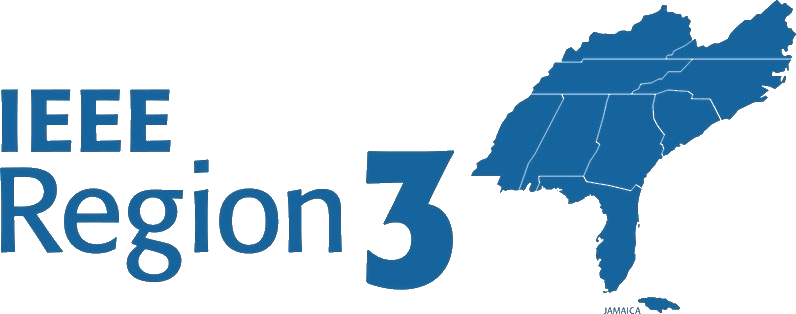SoutheastCon Region 3 Student Ethics Competition
Students accepted into registration for paper and ethics competition will be given early registration cost as long as they have registered by March 22 and forwarded their registration toJoshua.Shank@ieee.org.
Region 3IEEE SoutheastCon Ethics Qualifier
Instructions:
To register for the 2013 Ethics Competition you must do each of the following:
- Register your team of 2-3 students online at: https://ewh.ieee.org/reg/3/southeastcon2013/StudentProgram.html. This must be completed by March 1st.
- Carefully read the following situation and write a maximum 500 word response. Email this response to Joshua.Shank@ieee.org. Include in this email your full school name. When your response is received, you will be sent an email confirming your submission. This must be completed by March 1st.
- Final decisions for participation in the IEEE SoutheastCon Ethics Competition will be emailed out on March 15th.
Situation:
Sarah Jones has worked for the past five years at the Medixini company developing custom software for hospitals to manage the administration of medicine to patients. She was recently promoted to lead a development team and has been tasked to develop a new security system for Medixini’s main client. Sarah’s most recent experience with software security was an introductory course during her undergraduate studies and none of her team members has any in-depth security expertise, either. When Sarah explains this to her boss and requests time for her and her team to take continuing education courses in software security, she is told that the new software must be released soon and so there is no time for them to take any courses.
In 500 words or less, state what you think Sarah should do in this situation. Specifically identify the ethical issues in this situation and cite which clauses of the IEEE code of ethics are involved. Explain why each clause is involved.
The IEEE Code of Ethics
https://www.ieee.org/about/corporate/governance/p7-8.html
- to accept responsibility in making decisions consistent with the safety, health, and welfare of the public, and to disclose promptly factors that might endanger the public or the environment;
- to avoid real or perceived conflicts of interest whenever possible, and to disclose them to affected parties when they do exist;
- to be honest and realistic in stating claims or estimates based on available data;
- to reject bribery in all its forms;
- to improve the understanding of technology; its appropriate application, and potential consequences;
- to maintain and improve our technical competence and to undertake technological tasks for others only if qualified by training or experience, or after full disclosure of pertinent limitations;
- to seek, accept, and offer honest criticism of technical work, to acknowledge and correct errors, and to credit properly the contributions of others;
- to treat fairly all persons regardless of such factors as race, religion, gender, disability, age, or national origin;
- to avoid injuring others, their property, reputation, or employment by false or malicious action;
- to assist colleagues and co-workers in their professional development and to support them in following this code of ethics.



